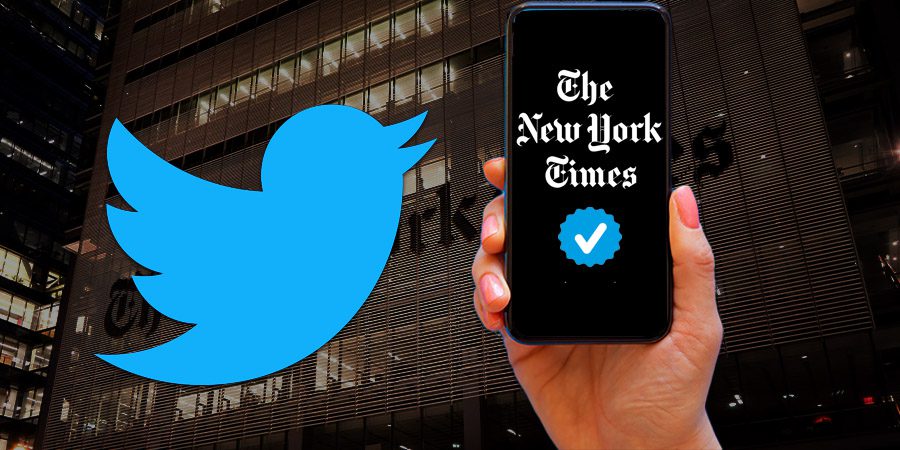In this article, we’ll look at the reasons behind the removal of The New York Times’ verified checkmark on Twitter, and how Elon Musk’s actions have affected the social media landscape.
Key Takeaways:
- Elon Musk removes the verified mark of The New York Times on Twitter.
- The Times had refused to pay for the new Twitter Blue subscription for verification.
- Other news organizations have also refused to pay for verification.
- Security experts worry that Twitter Blue could worsen disinformation and impersonation.
Twitter’s Blue Checkmark Saga
Once a symbol of authenticity and credibility, the blue checkmark on Twitter has recently undergone a massive transformation.
The platform announced that it would shift from its original free verification system to a paid subscription model called Twitter Blue.
Users and organizations that wish to maintain their verified status now need to pay a monthly fee for the coveted blue checkmark.
The change has sparked controversy and debate about the future of online identity and the role of social media platforms in shaping it.
Elon Musk’s Clash with The New York Times
Elon Musk, Twitter’s owner, has been at the center of this controversy, particularly due to his recent feud with The New York Times.
The newspaper, along with several other major news organizations, declared that it would not pay for Twitter’s new verification subscription.
In response, Musk swiftly removed The Times’ verified checkmark and launched a series of scathing tweets against the publication.
He criticized their reporting and called their feed “the Twitter equivalent of diarrhea.”
This public spat has brought further attention to the debate surrounding Twitter Blue and the implications of a pay-to-play verification system.
Some argue that it’s an attempt by Musk to exert control over media organizations, while others view it as a legitimate business move to monetize the platform.
Other News Outlets Reject Twitter Blue
The New York Times isn’t the only news organization to push back against Twitter’s new verification system.
Several major outlets, including CNN, the Los Angeles Times, The Washington Post, BuzzFeed, Politico, and Vox, have also announced that they won’t pay for verified checkmarks for their brands’ accounts or those of their reporters.
These collective decisions represent a significant challenge to Twitter’s new monetization strategy and raise questions about the future of the blue checkmark as a symbol of credibility and trust.
Potential Consequences of Twitter Blue
The widespread rejection of Twitter Blue by major news outlets brings to light several potential consequences for the platform and its users.
One significant concern is the potential increase in disinformation and impersonation on the platform.
Without a clear, accessible verification process, it may become more difficult for users to distinguish between genuine accounts and those seeking to spread false information or deceive others.
Additionally, the shift to a paid verification model could further exacerbate existing divides between those with the financial means to secure a checkmark and those without.
This could undermine the democratic nature of social media, wherein voices from all walks of life can share their perspectives and engage in conversation.
Lastly, the backlash against Twitter Blue may have broader implications for the relationship between social media platforms and news organizations.
As the lines between traditional media and social media continue to blur, the battle over verification and credibility could shape the future of journalism and how information is disseminated and consumed online.
Conclusion
The controversy surrounding Twitter Blue and the removal of The New York Times’ verification badge has opened up a broader conversation about the role of social media platforms in shaping online identity and credibility.
As news organizations and individual users grapple with these changes, the debate over Twitter’s verification system highlights the ongoing challenges of navigating trust, authenticity, and monetization in the digital age.
The ultimate outcome of this saga could have far-reaching consequences for both the platform and the way we engage with information online.
 Sections of this topic
Sections of this topic
















